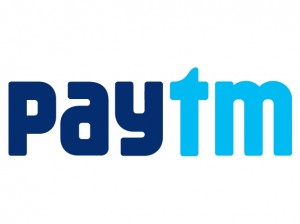1 min read
Payments Biz Has Made Operational Profit- PayTm

Copyright 2023, IT Voice Media Pvt. Ltd.
All Rights Reserved

 operational basis, founder and CEO Vijay Shekhar Sharma told. Sharma said the Noida-based company became ebitda-positive at the end of 2015, but didn’t give details.
operational basis, founder and CEO Vijay Shekhar Sharma told. Sharma said the Noida-based company became ebitda-positive at the end of 2015, but didn’t give details.